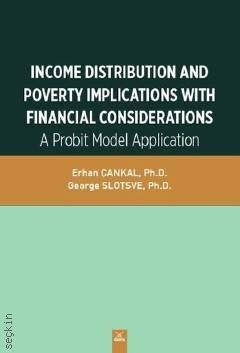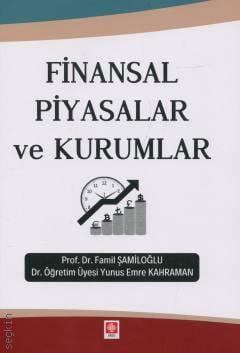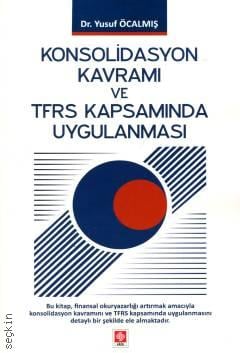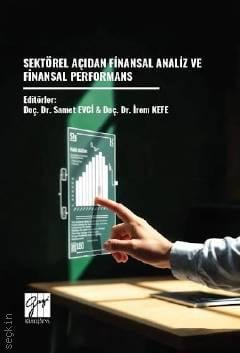>
Ekonomi, İşletme Kitapları>
Finans, Muhasebe, Vergi>
Finansal Yönetim>
Income Distribution and Poverty İmplications with Financial Considerations

Income Distribution and Poverty İmplications with Financial Considerations
A Probit Model Application
1. Baskı,
Haziran 2020
Kitabın Detayları
Dili:
İngilizce
Ebat:
14x21
Sayfa Sayısı:
93
Kitabın Fiyatı:
331,00₺
Temin süresi 2-3 gündür.
Kitabın Açıklaması
This study attempts to contribute to the research in income inequality and poverty in the Turkish labor market. The objective of this study is to examine the relationship between various income types and demographic, sociologic, and economic factors that have impact on individual and household income.
Previous studies have indicated the existence of correlation between labor market earnings along with financial returns and some numerous quantitative and qualitative factors such as education, age, experience, gender, industry type, occupation, education, experience, and geographic region. How the labor market earnings and various income types may be affected from the changes in such factors is the main research question in this study.
The purpose of this study is also to investigate the relevant factors that have an impact on poverty and explain the changes in such factors on poverty. The probit analysis will enable us to estimate the likelihood of an employee being exposed to poverty compared to the control groups.
The labor market income basically consists of wages and salaries from full- and part-time jobs in cash and in-kind and employer earnings. Non-labor market income can be divided into different categories such as property income, investment and financial retums, government transfers, transfers from abroad and private sources and imputed income.
Kitabın Konu Başlıkları

Literature Review on Income Distrubution and Poverty

Realed Literature and Definitons of Povert

Deion of Data and Variables
Kitapla İlgili Kategoriler
Kitabın Fiyatı:
331,00₺
Temin süresi 2-3 gündür.
Hakkımızda
|
Uluslararası Yayınevi Belgesi|
Kaynakça Dosyası|
Kişisel Verilerin Korunması |
Üyelik|
Siparişlerim|
İade Politikası|
İletişim


